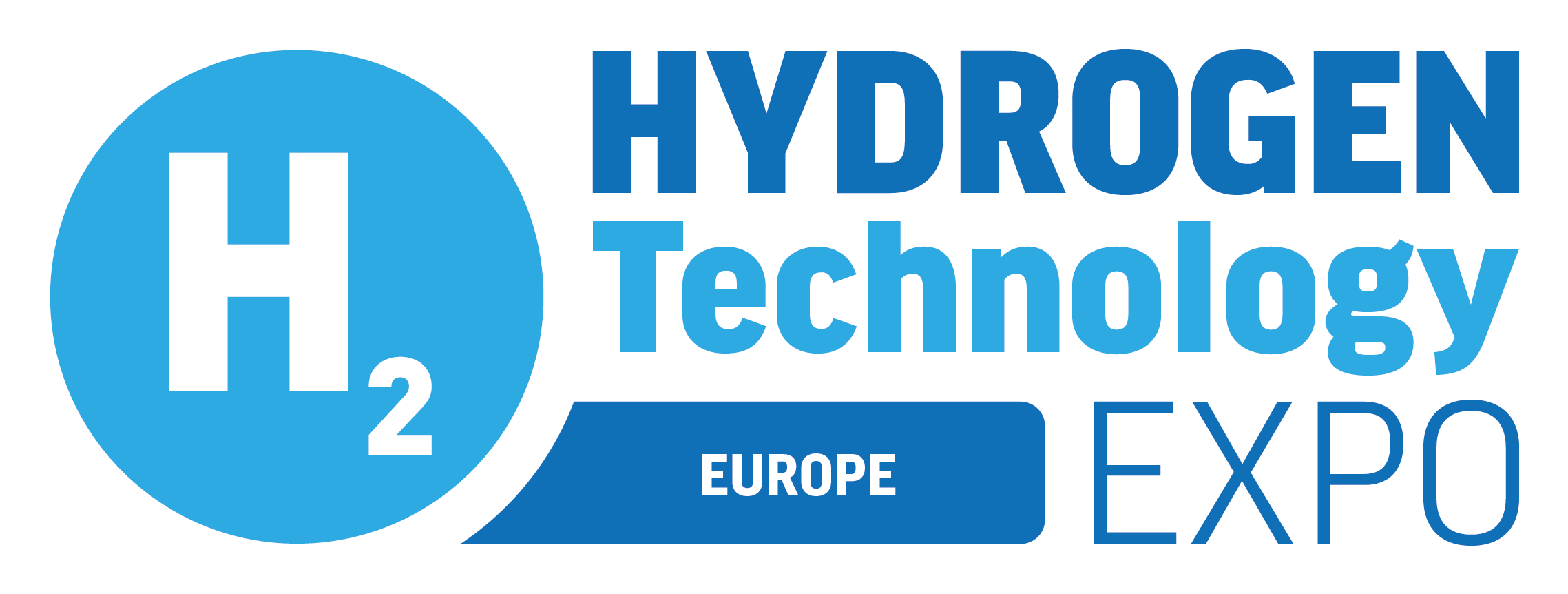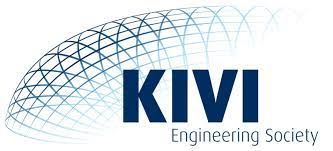UKCAA will work with three hydrogen aviation companies to develop the shape of the hydrogen-powered aviation’s regulatory path
)
The UK Civil Aviation Authority (UKCAA) has designed a new plan which will develop the industry and regulatory readiness for the introduction of the energy carrier. This plan will involve three hydrogen aviation players, which have already been selected by UKCAA.
It has been estimated that this project will run until the end of February 2025 and during this time, the UKCAA has planned to explore the hazards, risks and safety challenges within individual projects. The UKCAA also plans to explore each of these elements with each company that is involved.
The companies that have been selected for the Hydrogen Challenge Sandbox, are Cranfield Aerospace Solutions (CAeS), Exeter Airport Consortium and ZeroAvia. The aim of this Sandbox is to ensure that regulation is fit for purpose and also to reduce the challenges that can come with the introduction of hydrogen.
Each of these companies have come to the project with different aims in mind. CAeS is hoping to fly an aircraft, in 2024, that is powered through using its hydrogen fuel cell powertrain. The Exeter Airport Consortium is another company that was selected for the project and they hope to explore the introduction of hydrogen fuel in its ground operations. Finally, ZeroAvia is looking to commercialise its powertrain technology, as this company is already actively using hydrogen fuel in its operational planes.
To make this project possible, the companies have received funding that is worth almost £940,000 from the Regulators’ Pioneer Fund. This organisation is managed by the UK Department for Science, Innovation and Technology.
The Director of Strategy and Policy at the UKCAA, Tim Johnson, spoke about the challenges being “key” to ‘both the sector and the regulator to better understand hydrogen technologies and the regulatory steps to progress towards entry to service’.
Johnson commented, “Working closely with the three selected companies will enable us to take a step closer towards a Net Zero aviation sector by supporting the industry to explore how feasible the introduction of hydrogen is and how we can make sure regulation develops with the technology and is fit for purpose.”
Director of Airworthiness & Certification at ZeroAvia, Paul Harper, mentioned, “With the ever-increasing optimism around hydrogen as the fuel of the future for aviation, it is critical that there is good knowledge sharing between the regulator and industry in this nascent area.”




)
)
)
)
)
)
)
)
)
)
)
)
)
)
)
)
)
)
)
)
)
)
)
)

)
)
)
)
)
)
)
)
)
)
)
)
)


)
)
)
)
)
)
)
)
)
)
)
)

)

)
)
)

)
)
)

)
)
)
)
)
)
)
)
)
)
)


)
